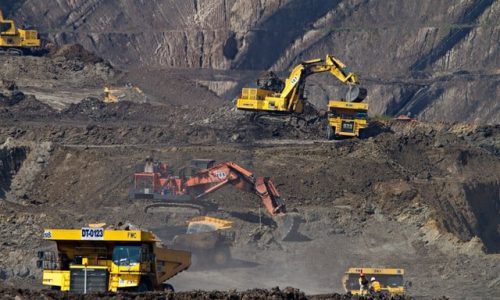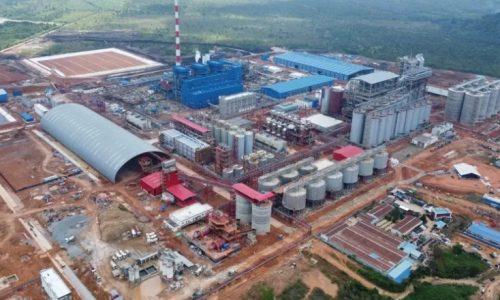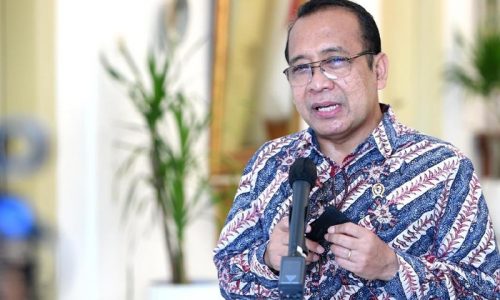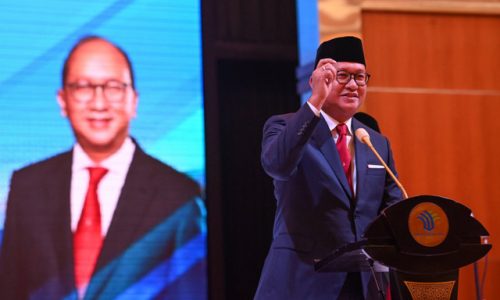Broadband internet and cable TV provider PT Link Net Tbk (LINK) will expand its home passes outside Java Island and seek potential markets in other islands’ cities for its home passes.
Link Net has engaged in broadband communication network services since 2000. The company’s distribution of television programs and high-speed internet are available in its networks in Jakarta, Bogor, Tangerang, Bekasi, Bandung, Surabaya and Bali.
Expansion outside Java
Link Net has expanded its services in some cities in Sumatra, including Batam and Medan. Currently, its services are available in 27 cities, 24 of which are in Java.
Meanwhile, the home pass is a definition used to demonstrate how many households that has been passed by the fiber optic cable network.
“The company is already established in Sumatra; in Batam and Medan, to be exact. However, there are other cities with the market potential of becoming additional homes passed,” Link Net President Director Marlo Budiman said, adding that it would expand outside Java.
By 2022, according to Budiman, Link Net has received about 3 million home passes. Meanwhile, within Java Island, Link Net still has addressable households in 21 cities and 45 cities. The company believes there are a lot of potential customers in Java.
He added that the expansion in 2023 would target 350,000 homes to the network. While in Sumatra, Link Net will expand in potential cities such as Palembang, Pekanbaru, Bandar Lampung and Jambi.
Challenges for Link Net
According to Republika.co.id, about 12,345 regions in Indonesia do not have 4G internet available, that includes Nusantara Capital City (IKN).
Minister of Communications and Information Johnny Gerard Plate said that Indonesia’s submarine cables were vulnerable to volcanic activity and many Indonesian fiber optic cables were cut off. Meanwhile, fiber optic technology cannot be replaced by any current technology. There are many regions where fiber optic cannot penetrate the areas due to geography, topography and logistics challenges.









